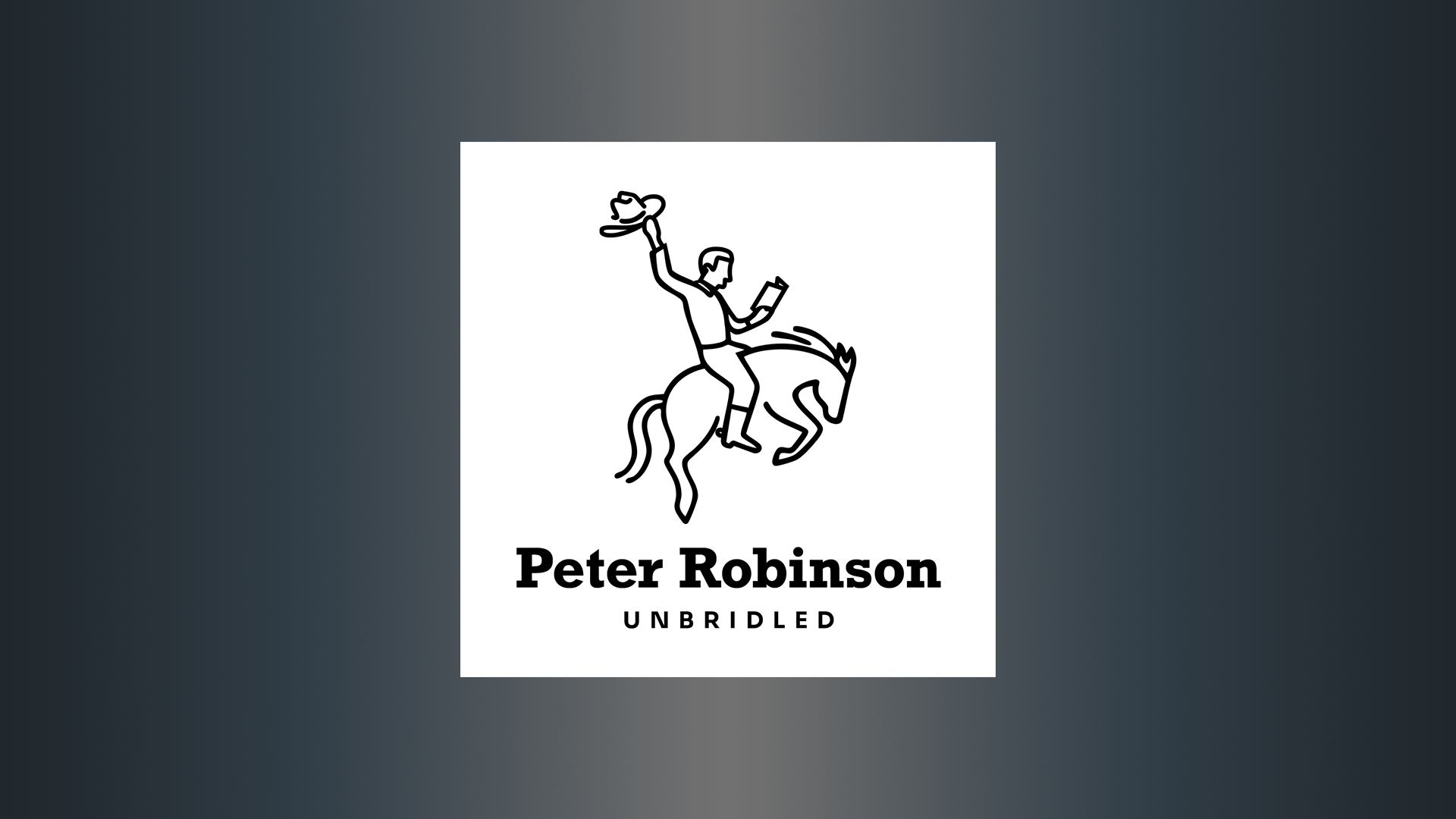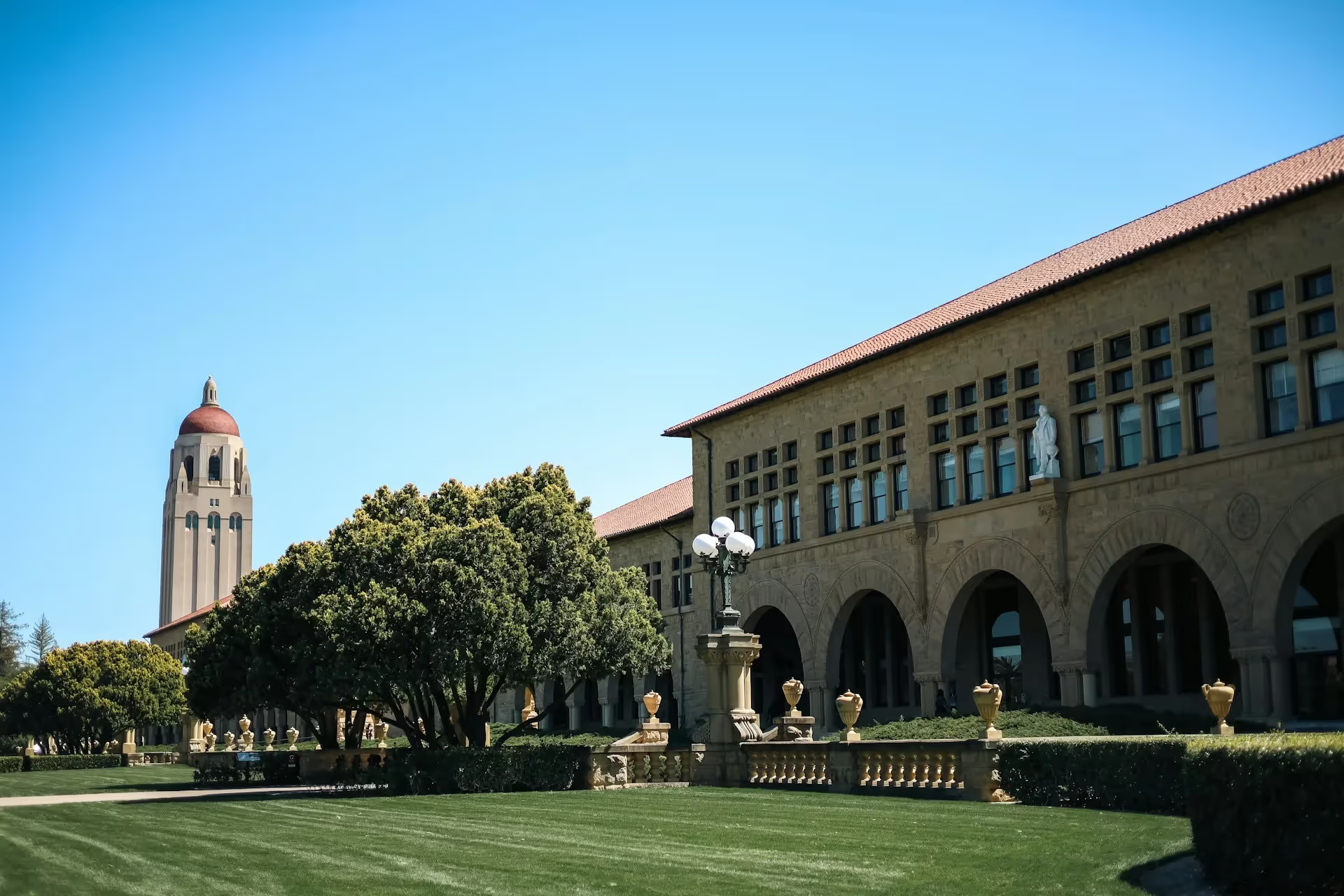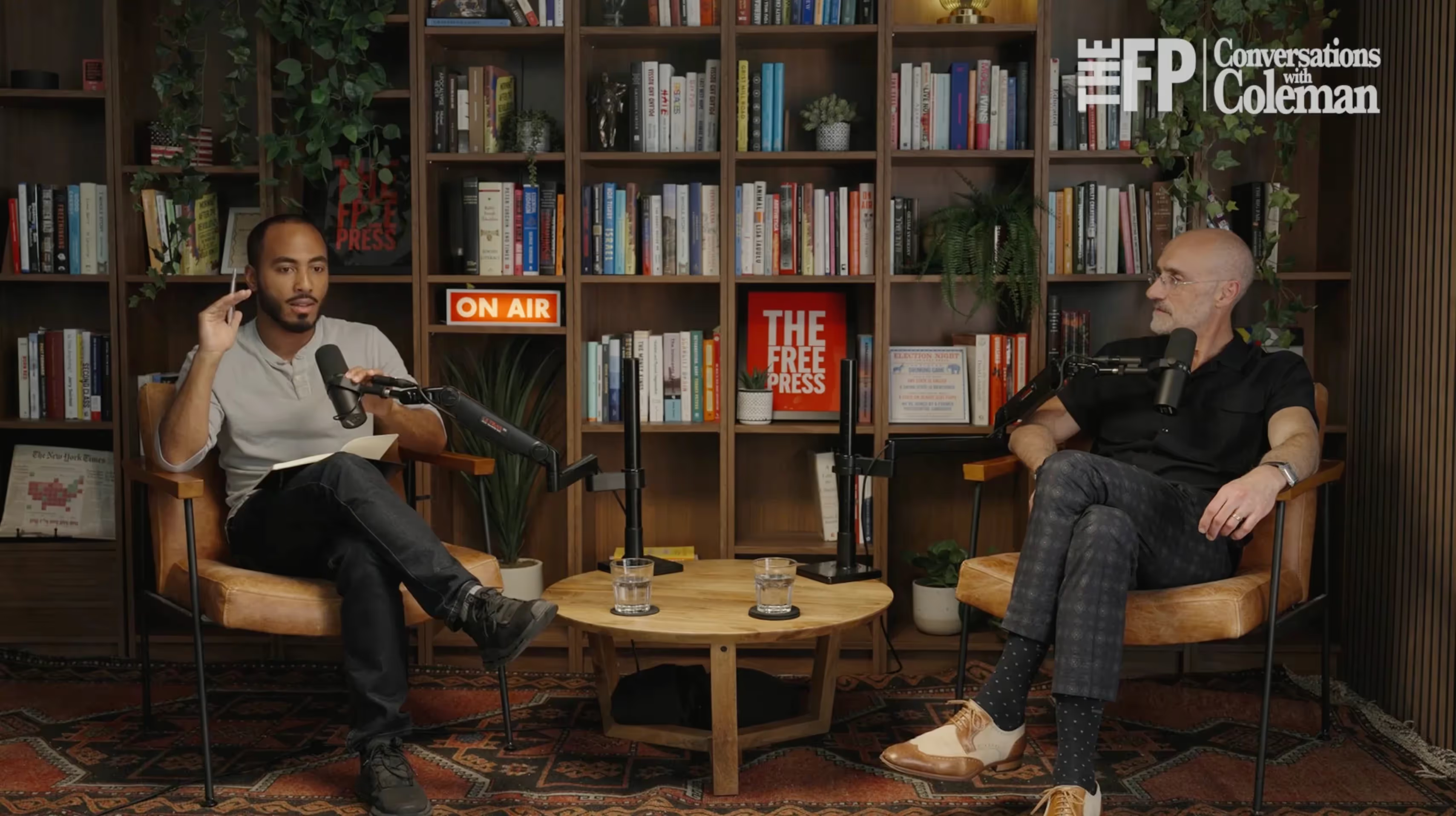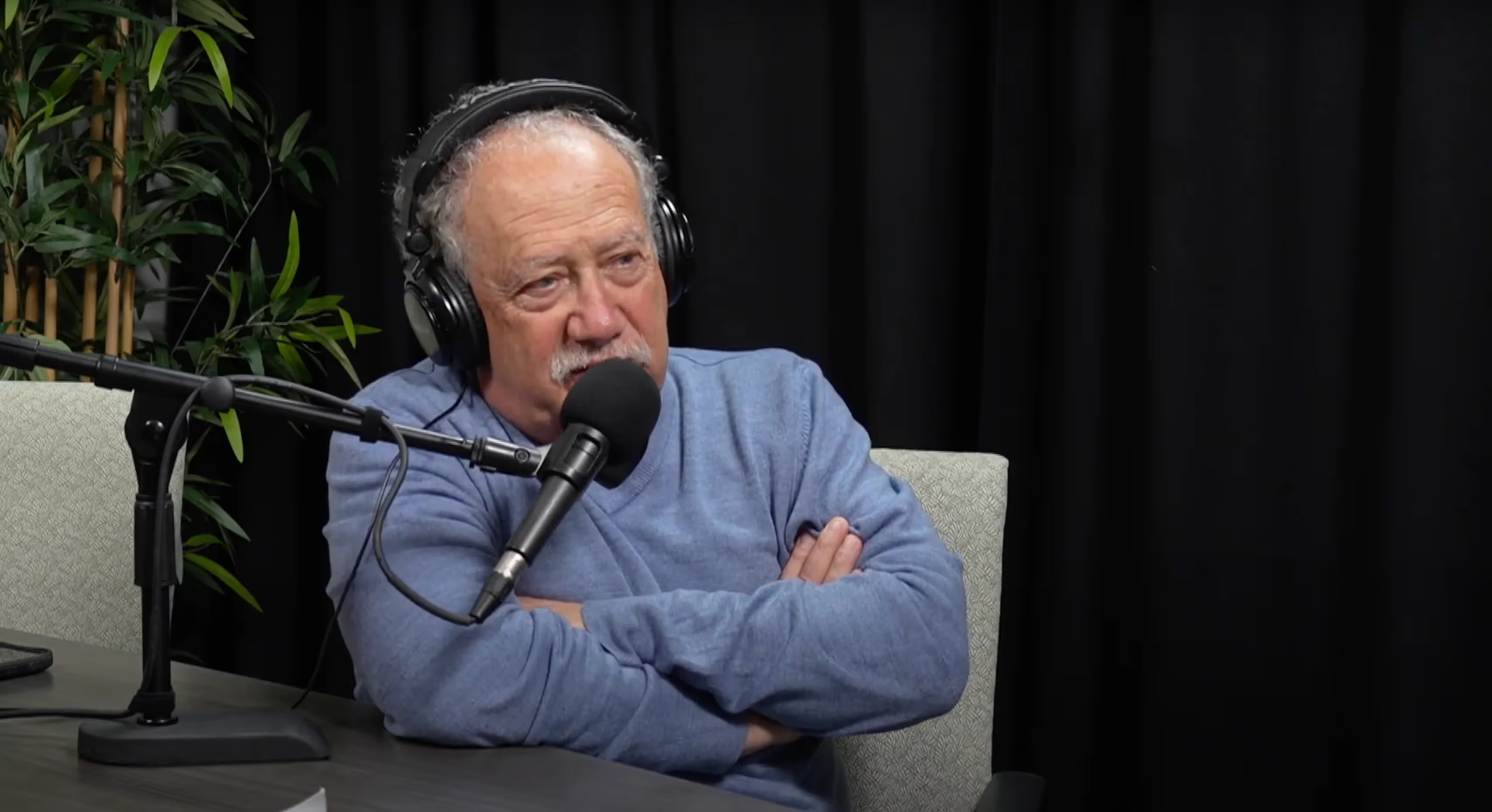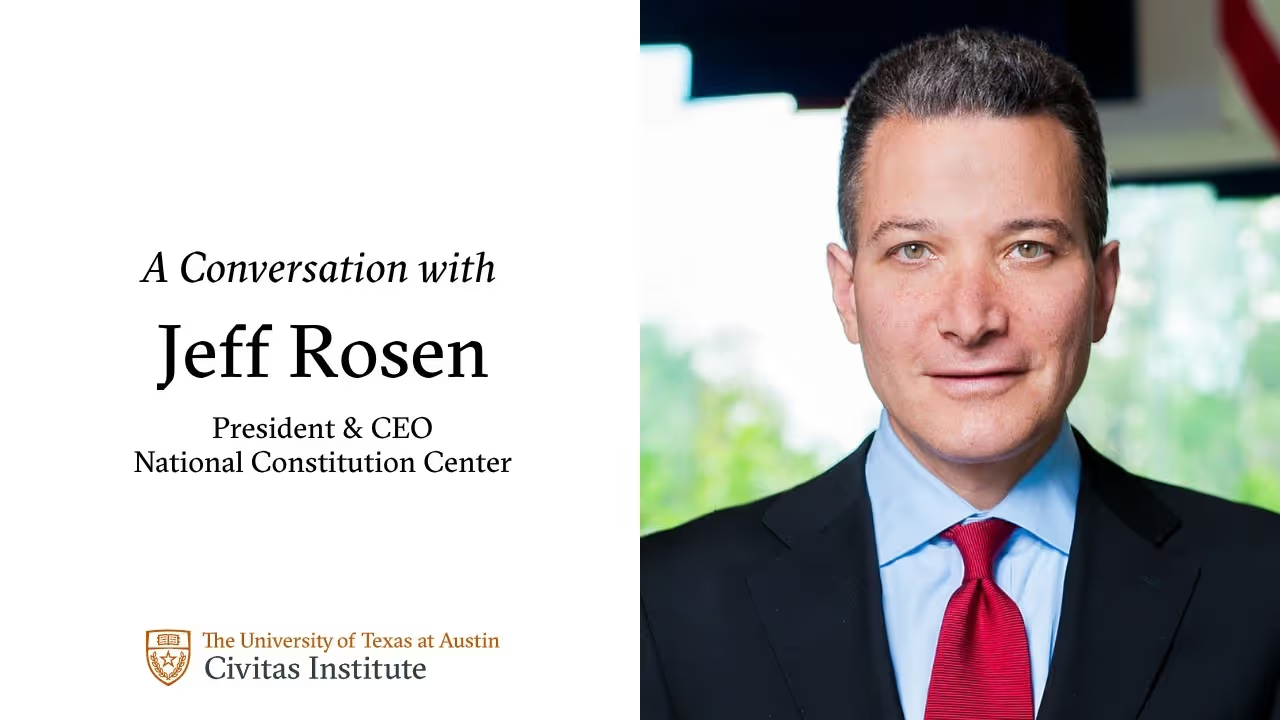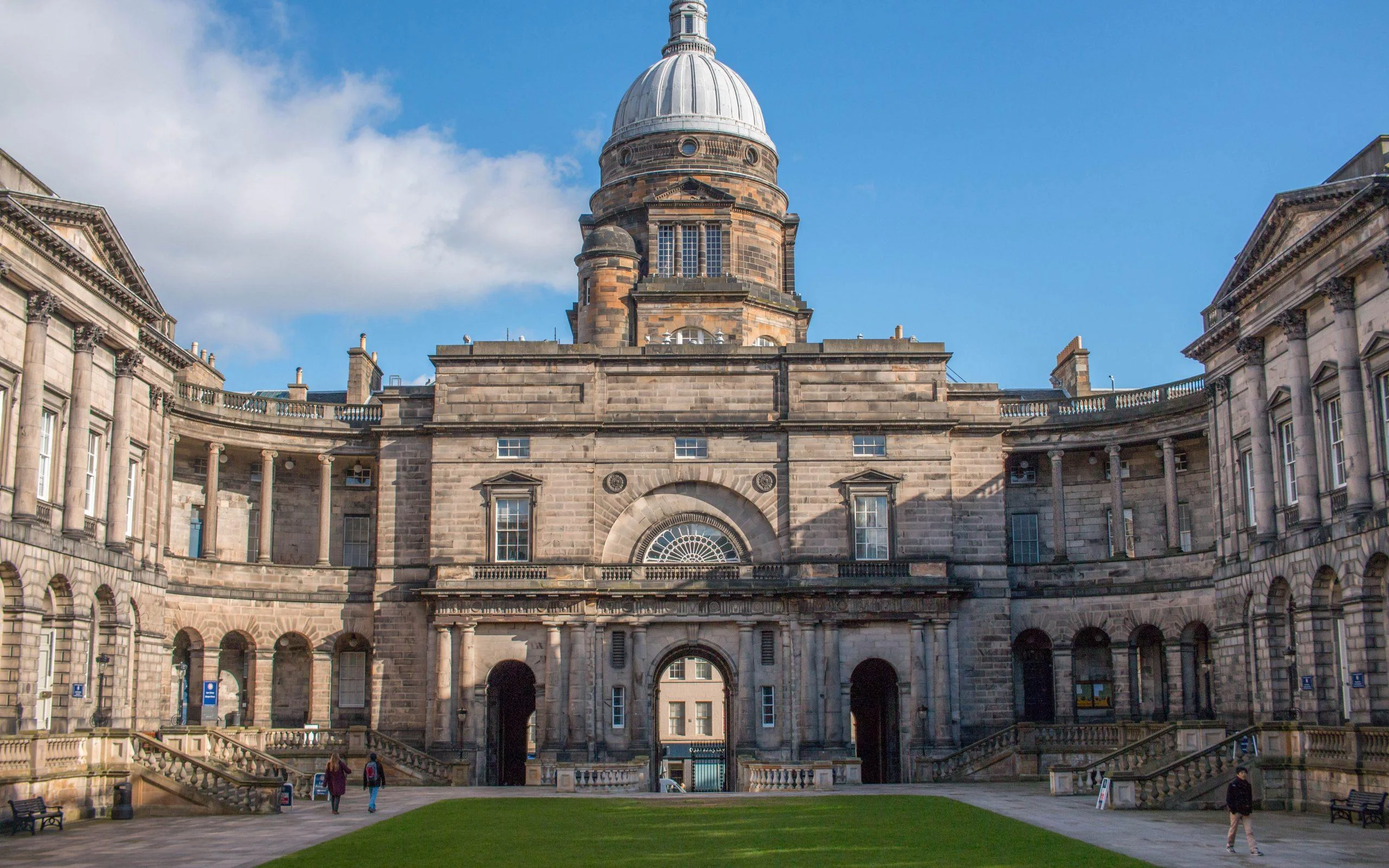
Conservatism Against the Machine
Kingsnorth articulates a case for not accepting the unhindered march of unreality.
Late last month, OpenAI unveiled a new social media app, Sora. The basic idea is that it utilizes artificial intelligence to generate short-form video content from users’ prompts. Although the Sora videos are technical leaps ahead of other AI-produced slop, there is still something profoundly uncanny about them — the skin tones are just slightly off, and human movement seems unnatural. And yet many are hailing the release of Sora as the dawning moment of a brave new world.
Of course, not everyone has welcomed this new age with open arms. The Wall Street Journal recently profiled, for example, the rising popularity of older, more analog technology among young people. According to the story, many in Gen Z feel as though they have lost control of their lives to algorithms and the endless scroll of digital life, and so they turn to physical media and flip phones to reassert a sense of self-government. Some have even taken to branding themselves as “neo-Luddites.”
Paul Kingsnorth is among the most radical neo-Luddites in public discourse today. Beginning his career in the environmentalist movement, Kingsnorth’s discontent with the modern world has pushed him further to the right. In recent years, for instance, he abandoned Wicca for Orthodox Christianity. His latest book, Against the Machine, is a provocative manifesto for those who feel similarly unsettled by the march of technological progress and the unreality that seems to be emerging with it. Still, though, Kingsnorth’s radicalism is too extreme to provide a program for preserving humanity’s rootedness — the crisis of modernity can best be answered, in the final analysis, by a more conservative disposition.
The titular “Machine” is Kingsnorth’s shorthand for the engine of revolution remaking the West. “The Machine manifests today as an intersection of money power, state power, and increasingly coercive and manipulative technologies, which constitute an ongoing war against roots and against limits,” he writes. The Machine is not just the technologies of the digital or industrial revolutions, but the Baconian mindset about the conquest of nature that made them possible. Western rationalism, he argues, has resulted in the “triumph of the mechanical over the natural, the planned over the organic, the centralized over the local, the system over the individual and the community.”
Throughout the book, Kingsnorth provides myriad examples of the Machine uprooting us from the way our ancestors lived, from screen addiction isolating us from one another to the ecological consequences of industrial capitalism. Among the most painful, though, is the Western world’s hysterical reaction to the coronavirus pandemic. Armed with the fatuous slogan “trust the science,” central governments imposed a series of authoritarian policies that did irreparable damage to real communities and persons. But as Kingsnorth shows, those policies were simply a new stage in a revolution that has been playing out in the West for hundreds of years. As he provocatively argues, the Machine is unmaking humanity itself.
Framed this way, the inexorable rise of the Machine seems wholly unattractive. But as Kingsnorth demonstrates, the Machine also makes an attractive promise: liberation. The notion of progress is at the heart of a “Faustian culture” that offers material prosperity, “expressive individualism,” and even the inherent limits of the human condition. To an extent, Kingsnorth cannot quite admit, this liberation has positive consequences — modern medicine saves lives, to name one straightforward example. But to achieve these goods, real and imagined, as Kingsnorth perceptively argues, the Machine makes us strike a bargain that dethrones our civilizational heritage.
Kingsnorth’s reflections on this revolution are of a breathtaking scope, but the shape of his argument will be familiar to most conservatives. “The crisis of the modern world is not a crisis of technology or politics or greenhouse gases. It is a spiritual war,” he writes. “What the Machine represents is our ultimate rebellion against nature: against reality itself.” Kingsnorth’s declension narrative, then, is very reminiscent of those presented by earlier conservative thinkers such as Richard Weaver or Robert Nisbet. Like those thinkers — and dozens of others he cites throughout the book — Kingsnorth believes that the Machine has gained momentum from the death of Western civilization and the faith that sustained it.
One of the things that distinguishes Against the Machine from Kingsnorth’s earlier political and literary writings is his disposition towards the death of Christendom. He has always been concerned with how we have ceased “believing the stories our civilization tells itself.” But after his conversion, he has rediscovered the truths of “love and sacrifice” at the heart of Christianity. Kingsnorth has come to see how those religious ideals constitute the roots of our civilization, and he is more concerned than ever to reclaim them.
The problem, though, is that Kingsnorth seems to believe that we are stuck living in the ruins of Christendom. Many of those ruins are “still beautiful,” such as intact cathedrals [or] Bach concertos, he writes, “but they are ruins nonetheless.” For Kingsnorth, Western civilization lacks any vitality it once had — the West can develop new technologies and conduct rationalistic arguments, but we have lost our ability to produce great poetry or music. He therefore doubts whether a defense of the West as such is even a worthy goal for those of us concerned with preserving humanity against the “inhuman future” the Machine is building.
What, then, can we do? Kingsnorth quotes a famous line from Eric Voegelin’s Science, Politics, and Gnosticism, “No one is obliged to take part in the spiritual crisis of a society; on the contrary, everyone is obliged to avoid this folly and live his life in order.” His principal goal is not to articulate a practical program to solve the modern crisis, but rather to inspire readers to turn away from modernity like he has. “To liberate ourselves, steadily, one human soul at a time, we simply have to walk away from the Machine in our hearts and minds,” he writes, “as the Israelites of the Exodus walked away from its original master, Pharaoh.”
Kingsnorth, a successful novelist and popular Substacker, has many resources to shield himself and his family from the Machine’s approach. But can everyone walk the radical path Kingsnorth chose? Salutary as it may be, it is difficult to imagine the masses abandoning the internet, let alone more benign elements of modern life. For one, it would not be convenient or even possible for most. In a deeper sense, though, Kingsnorth’s radical disposition is what prevents many from following his self-described “nomadic” example of Luddism. At one point in the book, he even admits to being “something of a roundhead.” Radicalism has its own way of uprooting people, and can leave us vulnerable to the onslaught of the Machine.
A superior approach to navigating the perils of modernity can be found in the writings of America’s greatest twentieth century conservative thinker, Russell Kirk. Like Kingsnorth, Kirk was a hater of automobiles and an admirer of Simone Weil and her book The Need for Roots. In his own book, The Roots of American Order, Kirk looks to her case for a rooted humanism as a resource to resist the “spiritual doubt and social disorder” of modern life. “As individuals and as a civilization,” he writes, drawing on the French mystic’s thought, “we people in the closing decades of the twentieth century grope for order.” Decades ago, he prophetically understood the threat posed by the Machine.
For Kirk, the conservative’s task is to remind the world of the idea of a good society and thereby recover the hope at the heart of our civilization. Unlike Kingsnorth, he did not believe that Western civilization’s roots were dead. Rather, he wrote in The Roots of American Order, “If class, family, church, and community have suffered in the past century, nevertheless many Americans have become aware of the need for reinvigorating those chief indispensable features of their order.” Only a conservative disposition can answer those longings which are reawakening.
Kingsnorth briefly considers conservatism as an answer to the Machine but ultimately rejects it. He argues that it has failed because it is “a modern confection, a product of the post-1789 shift in Western consciousness” that “evolved to try and slow the modern revolution, rather than turn it around.” He prefers an anti-Machine politics that would be far more reactionary. And yet, as Kirk understood, the reactionary is little more than a frustrated Utopian, always promoting an ideal society at the expense of the good society. As he asserted towards the end of The Roots of American Order:
To live within a just order is to live within a pattern that has beauty. The individual finds purpose within and order, and security — whether it is the order of the soul or the order of the community… Although in recent years the American order may have been deficient in imagination — in dealing with its problems of urban life, technology, shifts of population, and education for instances — nevertheless this American order has maintained a high degree of freedom, opportunity, and prosperity. The conscientious citizen works to improve that order; for the alternative to a tolerable order is not Utopia, but an intolerable disorder.
Throughout Kirk’s writing, he attempted to make a case that conservatism is more than an ideology — instead, he believed it was a way of life. “Order is the first need of the soul. It is not possible to love what one ought to love, unless we recognize some principles of order by which to govern ourselves,” he wrote. Conservatism, properly understood, seeks to articulate and defend those loves that make life worth living.
Conservatives absolutely must confront the crisis of the Machine as Kingsnorth outlines it, we cannot merely accept the unhindered march of unreality. But, as Kirk put it, “Happiness is found in imaginative affirmation, not in sullen negation.” The techno-optimists releasing new artificial intelligences with no heed for their consequences and the reactionary pessimists alike cannot provide answers to the young people who feel so adrift today. Only a conservatism concerned with watering the roots of the West’s still-living faith can.
Michael Lucchese is the founder of Pipe Creek Consulting, an associate editor of Law & Liberty, and a contributing editor to Providence.
Pursuit of Happiness
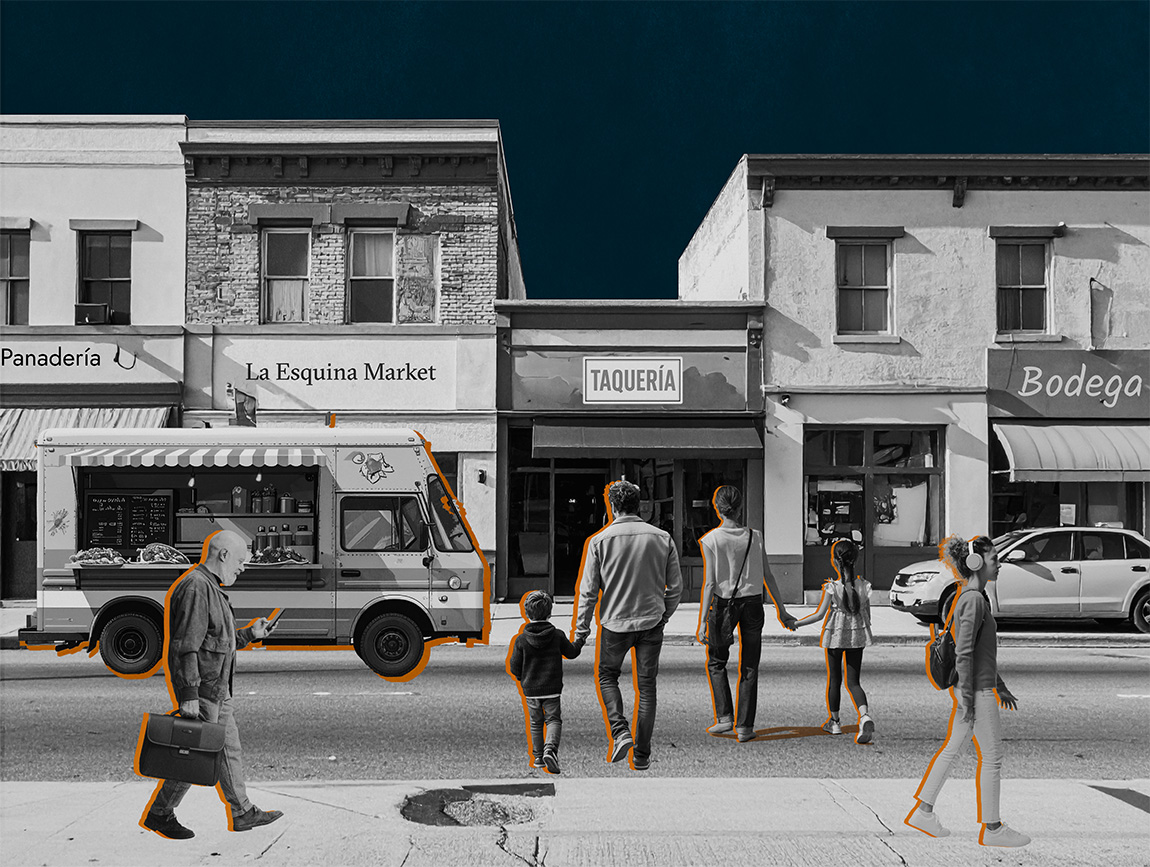
The Rise of Latino America
In The Rise of Latino America, Hernandez & Kotkin argue that Latinos, who are projected to become America’s largest ethnic group, are a dynamic force shaping the nation’s demographic, economic, and cultural future. Far from being a marginalized group defined by oppression, Latinos are integral to America’s story. They drive economic growth, cultural evolution, and workforce vitality. Challenges, however, including poverty, educational disparities, and restrictive policies, threaten their upward mobility. Policymakers who wish to harness Latino potential to ensure national prosperity and resilience should adopt policies that prioritize affordability, safety, and economic opportunity over ideological constraints.

Exodus: Affordability Crisis Sends Americans Packing From Big Cities
The first in a two-part series about the Great Dispersion of Americans across the country.

The AI Future: Between Certain Doom and Endless Prosperity
AI continues to become more complex and sophisticated, but public policy solutions do not.

The Castle, the Cathedral, and the College
Our civilization struggles to explain why anything should command allegiance beyond preference or power; its remnants echo a grandeur now distant.





